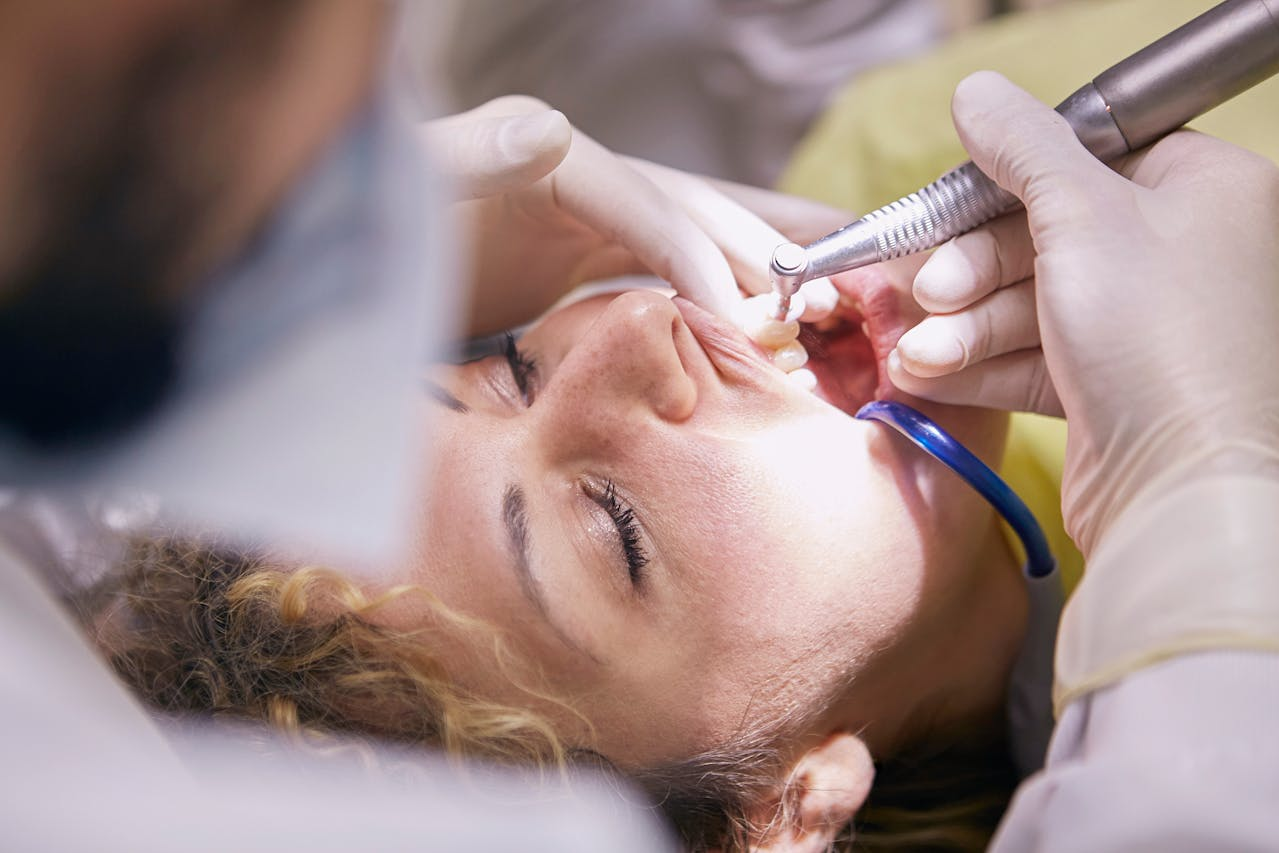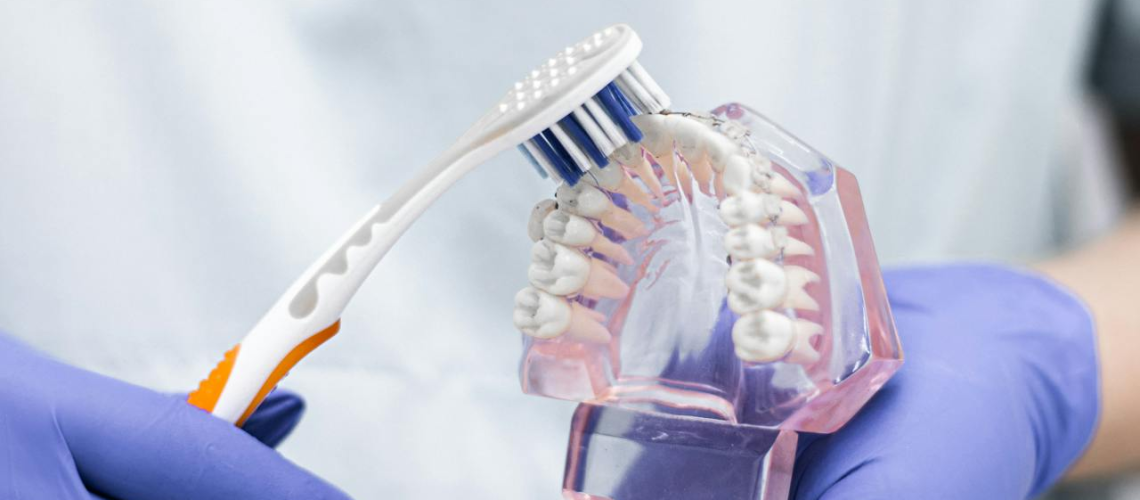The necessity of dental deep cleaning is a topic of frequent discussion among patients who are recommended this procedure by their dentists. With concerns about periodontal disease, gum health, and overall oral hygiene on the rise, understanding why dentists advocate for deep cleaning, what alternatives might exist, and the implications of refusing such treatments are crucial. Here, let’s explore the intricacies of deep dental cleaning and its significance in maintaining a healthy mouth.
Why Do Dentists Push Deep Cleaning? The Rationale Behind Deep Cleaning Recommendation
In the realm of dental care, the suggestion of a deep cleaning procedure by dentists often leaves patients wondering about its necessity and urgency. This recommendation is not made lightly and stems from a professional assessment of the patient’s oral health, specifically targeting the prevention or treatment of periodontal disease. Understanding the motives behind this dental intervention can help demystify the process and highlight its importance in maintaining not just oral health but overall well-being.
Targeting Periodontal Disease At Its Core
Periodontal disease, or gum disease, is a condition that affects a significant portion of the adult population, with varying degrees of severity. It begins as gingivitis, characterized by gum inflammation and bleeding, and can progress to periodontitis, where the stakes are raised with gum tissue destruction and bone loss. The primary culprit? The accumulation of plaque and tartar along and below the gum line, which routine dental cleanings cannot fully address.
Dentists push for deep cleaning, technically known as scaling and root planing, to remove these stubborn deposits. The procedure involves meticulous cleaning of the root surfaces to remove plaque, tartar, and bacterial toxins. The aim is twofold: to halt the progression of gum disease and to create an environment that allows the gum tissue to heal and reattach to the teeth.
Preventing The Domino Effect Of Gum Disease
The implications of untreated periodontal disease extend beyond the mouth. Research has linked gum disease with systemic health issues, including heart disease, diabetes, and respiratory conditions. Dentists advocate for deep cleaning not just to protect your teeth and gums but to mitigate these associated health risks. By addressing gum disease at its root (quite literally), dentists are looking out for your comprehensive health.
Bridging The Gap Between Routine Cleanings And Surgical Intervention
Dentists prefer to intervene with deep cleaning before considering more invasive procedures. It’s a proactive measure to avoid the escalation of gum disease to a point where surgical intervention might become necessary. Deep cleaning is a non-surgical procedure that can significantly reduce pocket depths (the spaces between the teeth and gums) and inflammation, often allowing patients to avoid the need for gum surgery.
Educating Patients On The Importance Of Oral Health
By recommending deep cleaning, dentists also seize the opportunity to educate their patients about the importance of oral health and its impact on overall health. It’s a chance to discuss the role of good oral hygiene practices, the importance of regular dental check-ups, and how lifestyle choices can influence gum health. This educational aspect is crucial in empowering patients to take charge of their oral health, potentially reducing the need for further deep cleanings.
What Happens If You Don’t Get Your Teeth Deep Cleaned?
The recommendation for deep cleaning, also known as scaling and root planing, is often met with hesitation or uncertainty by patients. Some may wonder about the urgency of the procedure or contemplate postponing it indefinitely. However, understanding the potential ramifications of neglecting deep cleaning is crucial for making informed decisions about your oral health. Let’s delve into what can happen if you choose to forgo this important dental intervention.
Escalation Of Gum Disease
One of the primary reasons dentists recommend deep cleaning is to address periodontal disease, commonly known as gum disease. This condition begins with gingivitis, characterized by gum inflammation and bleeding, and can progress to more severe stages if left untreated. Without proper intervention, gum disease can escalate, leading to irreversible damage to the gum tissue and supporting structures of the teeth.
Increased Risk Of Tooth Loss
As gum disease advances, the supporting bone and tissue that hold teeth in place become compromised. Pockets may form between the teeth and gums, providing a breeding ground for harmful bacteria. Without intervention, these pockets deepen, leading to further bone loss and ultimately increasing the risk of tooth mobility and loss. Losing teeth not only affects one’s ability to chew and speak but can also have profound psychological and social impacts.
Potential For Systemic Health Complications
Gum disease is not just confined to the mouth; it has been linked to systemic health conditions such as cardiovascular disease, diabetes, and respiratory problems. The inflammation and bacterial byproducts associated with gum disease can enter the bloodstream, contributing to inflammation in other parts of the body. By neglecting deep cleaning, you may inadvertently increase your risk of developing or exacerbating these systemic health issues.
Chronic Discomfort And Oral Health Issues
As gum disease progresses, individuals may experience chronic discomfort, including persistent bad breath, gum tenderness, and sensitivity to hot or cold temperatures. The accumulation of plaque and tartar can also contribute to the formation of cavities and dental decay, leading to additional oral health issues that may require more extensive treatment down the line.
Limited Treatment Options
Delaying or avoiding deep cleaning can limit your treatment options in the future. As gum disease advances, more invasive and costly procedures may become necessary to address the damage. In some cases, surgical intervention such as gum surgery may be required to restore gum health and prevent further tooth loss. By proactively addressing gum disease through deep cleaning, you can potentially avoid the need for more invasive treatments later on.
Can A Dentist Do A Regular Cleaning Instead Of Deep Cleaning?

In some cases, a dentist may determine that regular cleaning is sufficient for maintaining oral health, even if signs of mild gum disease are present. However, if gum disease has progressed to a more advanced stage, deep cleaning becomes necessary to address the underlying issues effectively.
Ultimately, the decision between regular cleaning and deep cleaning depends on the individual’s oral health status and the presence of gum disease. Dentists will assess factors such as the depth of gum pockets, extent of tartar buildup, and signs of inflammation to determine the most appropriate course of action for each patient.
When faced with the recommendation for deep teeth cleaning to address periodontal disease, there are several alternatives worth exploring
- Enhance your oral hygiene routine: Dedicate extra time to brushing and flossing, paying close attention to the gum line where tartar buildup often occurs. Use an antiseptic mouthwash to help control bacterial growth and reduce inflammation.
- Schedule more frequent dental cleanings: Regular visits to your dental hygienist for routine cleanings can help prevent tartar buildup and maintain healthy gums. Depending on your individual needs, your dentist may recommend more frequent cleanings as an alternative to deep cleanings.
- Consider non-surgical periodontal treatments: Laser therapy, antibiotic therapy, and other non-surgical interventions may be viable alternatives to deep cleaning for treating periodontal disease. These treatments target bacterial infection and inflammation in the gums while promoting gum tissue health and regeneration.
- Adopt a healthy lifestyle: Eating a balanced diet, avoiding tobacco products, and managing stress can contribute to overall oral health and reduce the risk of periodontal disease. Making these lifestyle changes can complement dental treatments and support long-term gum health.
- Discuss your concerns with your dentist: If you have reservations about undergoing a deep cleaning, don’t hesitate to voice your concerns to your dentist. They can provide personalized guidance and explore alternative treatment options based on your individual needs and preferences.
Can I Say No To Deep Cleaning?
Yes, as a patient, you have the right to decline any dental treatment, including deep cleaning. However, it’s essential to consider the potential consequences of refusing recommended treatment for periodontal disease:
- Progression of periodontal disease: Without intervention, periodontal disease can worsen over time, leading to gum recession, bone loss, and ultimately, tooth loss.
- Increased risk of complications: Untreated periodontal disease is associated with systemic health issues, including heart disease, diabetes, and respiratory problems.
- Limited treatment options: Delaying or refusing deep cleaning may limit your treatment options in the future, potentially necessitating more invasive and costly procedures to address advanced gum disease.
Before making a decision, it’s crucial to discuss your concerns and treatment options with your dentist. They can provide information and guidance to help you make an informed choice that aligns with your oral health goals.
How Long Can I Go Without A Deep Cleaning?
The frequency of deep teeth cleanings depends on individual factors such as the severity of periodontal disease, oral hygiene habits, and overall health. While some patients may require deep cleanings every three to four months, others may only need them once or twice a year.
However, delaying or avoiding deep cleaning altogether can have adverse effects on gum health and overall oral health. Without timely intervention, periodontal disease can progress, leading to gum recession, bone loss, and tooth mobility. Additionally, untreated gum disease is associated with systemic health issues, highlighting the importance of proactive treatment.
It’s best to follow your dentist’s recommendations regarding the frequency of deep cleanings based on your individual needs and oral health status. Regular dental check-ups allow your dentist to monitor changes in your oral health and adjust your treatment plan accordingly, helping to maintain healthy gums and prevent the progression of periodontal disease.
Final Thoughts
In the journey toward maintaining optimal oral health, the question often arises: Is a dental deep cleaning truly necessary? With the prevalence of periodontal disease and its potential consequences, the answer leans towards a resounding yes. Deep teeth cleaning, or scaling and root planing, serves as a vital intervention in combating periodontal disease, preserving healthy gums, and preventing complications like loose teeth.
At Elite Smiles, we understand the importance of addressing periodontal disease promptly and effectively. Our experienced dental hygienists utilize advanced techniques and state-of-the-art equipment to perform thorough deep cleanings tailored to each patient’s needs. By targeting tartar buildup and promoting gum health, our deep cleaning procedures play a crucial role in treating periodontal disease and preserving healthy smiles.
Don’t wait until issues like loose teeth or advanced periodontal disease arise. Take proactive steps towards optimal oral health by scheduling a deep cleaning with Elite Smiles today. Your healthy gums and confident smile await!


